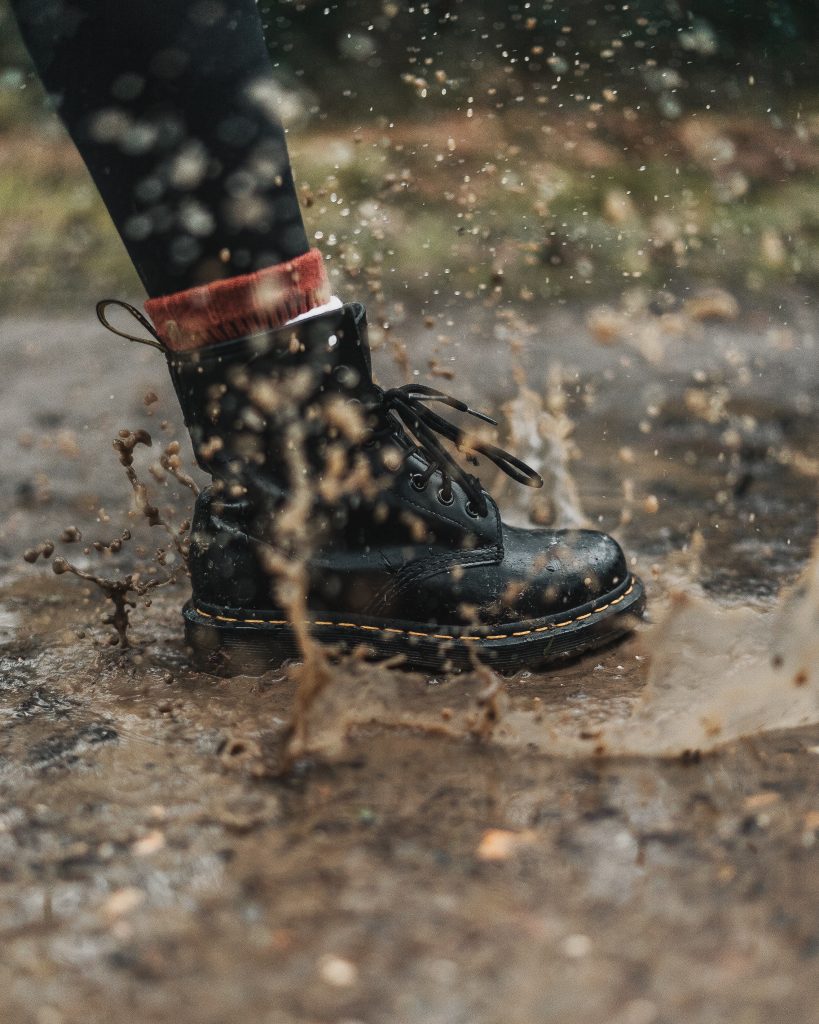Can Shoes Cause Leg Pain? How Do You Fix Uncomfortable Shoes?
Introduction
Can Shoes Cause Leg Pain? How Do You Fix Uncomfortable Shoes?
Can Shoes Cause Leg Pain? Wearing the right pair of shoes is not just about making a fashion statement; it’s about taking care of your overall health, especially your legs. The shoes you wear can significantly impact your leg health, and uncomfortable shoes can lead to various issues, including leg pain. In this article, we will delve into the reasons behind leg pain caused by shoes and explore effective ways to fix uncomfortable footwear.

Understanding Leg Pain
Leg pain can be caused by various factors, including injuries, muscle strains, and poor circulation. Surprisingly, the type of shoes you wear also plays a vital role in leg pain. Ill-fitted or unsupportive shoes can strain your muscles and lead to discomfort. Understanding the connection between footwear and leg pain is crucial to finding a solution.
Choosing the Right Shoes
The foundation of comfortable footwear lies in choosing the right pair. Proper fit and sizing are essential. Shoes that are too tight or too loose can lead to blisters, calluses, and, eventually, leg pain. Additionally, supportive arches and cushioning are necessary to absorb shock and reduce pressure on your legs.
Types of Shoes That Cause Leg Pain
High heels, though stylish, can cause significant leg pain. The unnatural position of the feet in high heels strains the calf muscles and can lead to long-term discomfort. Ill-fitted shoes, whether too narrow or too wide, can cause friction and pressure points, resulting in painful conditions like plantar fasciitis, bunions, and corns.
Foot Problems Caused by Uncomfortable Shoes
Plantar fasciitis, a common condition caused by inflammation of the tissue connecting the heel bone to the toes, often results from wearing shoes with inadequate arch support. Bunions, bony protrusions at the base of the big toe, and corns, thickened skin due to repeated friction, can develop from poorly fitted shoes.
How to Identify Uncomfortable Shoes
Listening to your body is crucial. If you experience persistent discomfort, inspect your shoes. Signs of poorly fitted shoes include redness, blisters, and soreness. Your feet should never feel cramped or constricted in your shoes. If they do, it’s time to reconsider your footwear choices.
Fixing Uncomfortable Shoes
Fortunately, there are ways to fix uncomfortable shoes without resorting to drastic measures. Insoles provide extra support and cushioning, transforming ordinary shoes into comfortable ones. Additionally, stretching and breaking in new shoes can make a significant difference. Gradually wearing them for short periods allows the shoes to adjust to the shape of your feet.
DIY Shoe Comfort Hacks
Moleskin and gel inserts are excellent solutions for friction-related discomfort. Placing moleskin over areas prone to blisters creates a protective barrier. Gel inserts provide cushioning and alleviate pressure points. Adjusting laces and straps can also enhance the fit of your shoes, ensuring they don’t rub against your skin.
When to Consult a Specialist
If you suffer from chronic leg pain despite trying various remedies, it’s time to consult a specialist. Podiatrists and orthopedic shoe experts can assess your feet and recommend custom-made shoes tailored to your unique needs. These specialized shoes provide unparalleled comfort and support, alleviating persistent leg pain.
Conclusion
In conclusion, the impact of shoes on leg health cannot be overstated. Wearing uncomfortable shoes can lead to various issues, including leg pain, plantar fasciitis, bunions, and corns. Choosing the right shoes, identifying discomfort signs, and employing simple fixes like insoles and stretching can make a world of difference. If problems persist, seeking professional help ensures your feet receive the care they deserve.
FAQs
- Can uncomfortable shoes cause long-term damage to my legs? Yes, consistently wearing uncomfortable shoes can lead to chronic issues like plantar fasciitis and bunions.
- How can I tell if my shoes are causing my leg pain? Look for signs like blisters, redness, and soreness. If these symptoms persist, it’s likely your shoes are the culprit.
- Are high heels the only type of shoes that can cause leg pain? No, ill-fitted shoes, including flats and sneakers, can also cause leg pain if they lack proper support and cushioning.
- Can insoles really make a difference in shoe comfort? Absolutely. Insoles provide extra support and cushioning, significantly improving the comfort of your shoes.
- When should I consider custom-made shoes for leg pain? If you experience chronic leg pain despite trying various remedies, it’s advisable to consult a specialist who can assess your feet and recommend custom-made shoes tailored to your needs.




Leave a comment